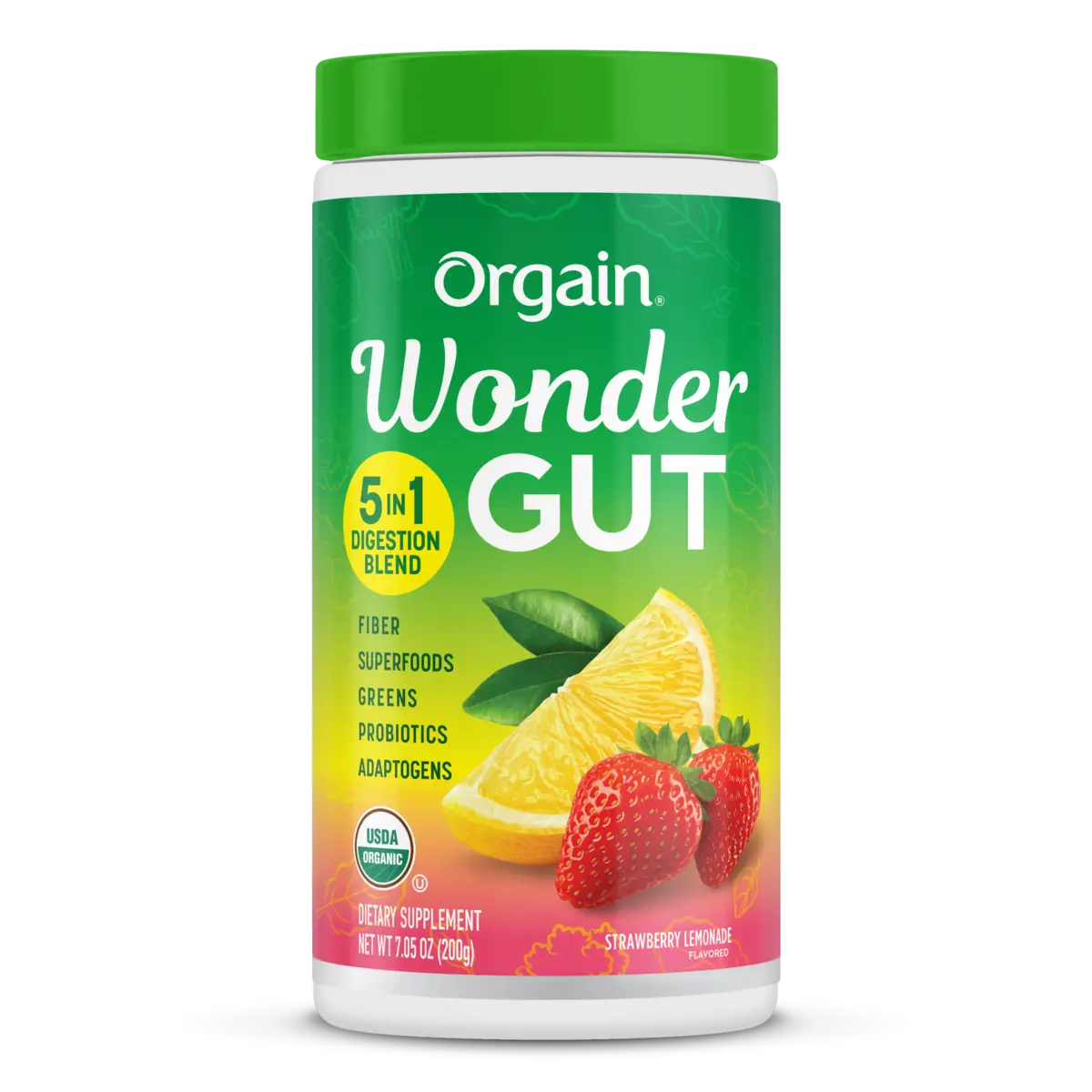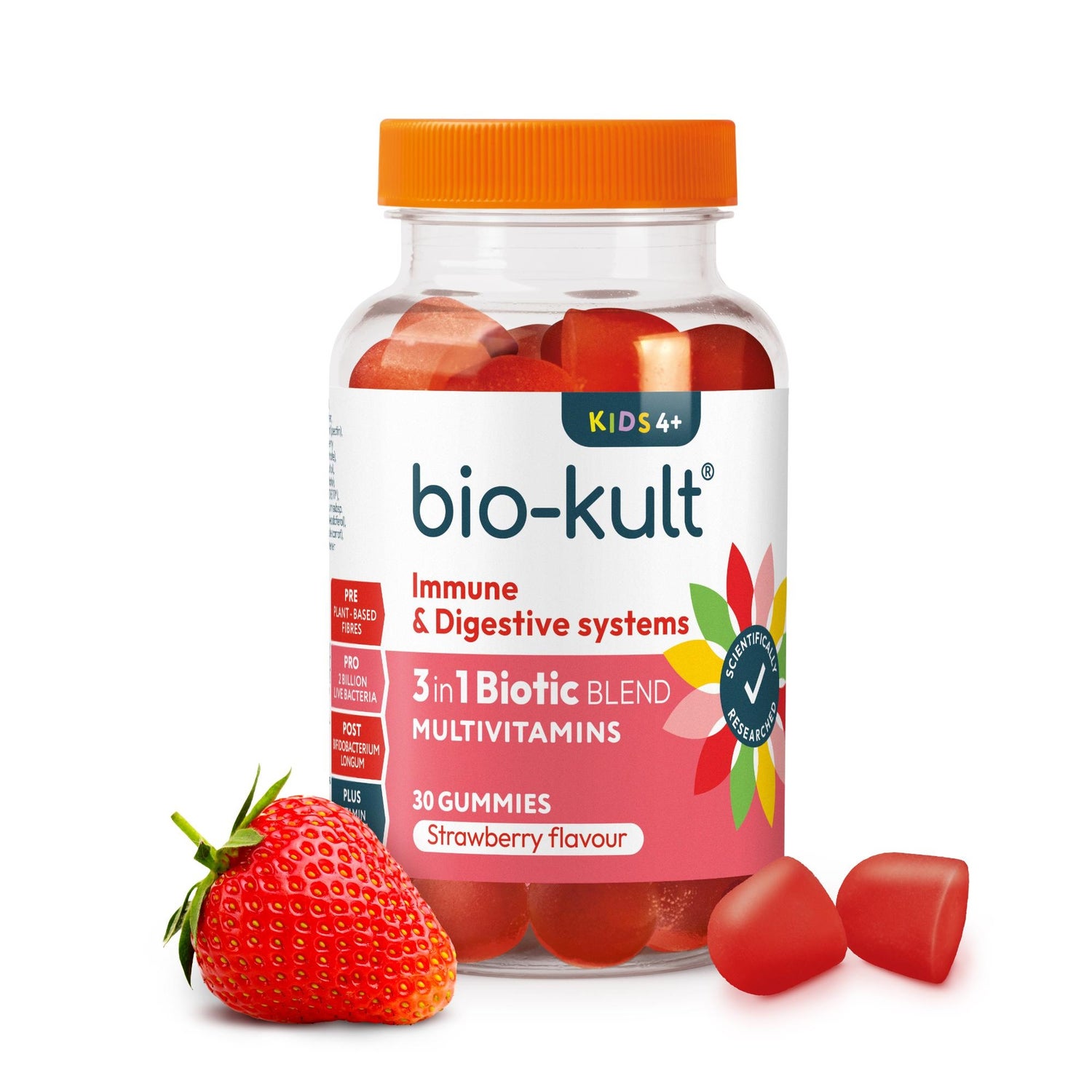The Key Ingredients That Make a supplement for gut health So Effective
Wiki Article
Exploring the Causes and Effects of Intestine Issues and the Function of Gut Wellness Supplement
Digestive tract health is a crucial facet of total health. Poor dietary choices, stress and anxiety, and inequalities in intestine germs can lead to various digestive system issues. Symptoms such as bloating, diarrhea, and abdominal pain often indicate deeper health and wellness worries. Understanding these reasons and the potential duty of gut health supplements may offer vital insights. What techniques can be utilized to bring back balance and improve intestine function? The answers might depend on the next steps.Understanding the Digestive Tract Microbiome
The gut microbiome, a complex ecosystem of trillions of microbes living in the digestive system tract, plays a necessary duty in total health. This diverse neighborhood consists of bacteria, viruses, fungis, and various other microbes that interact symbiotically with the human host. They assist in the digestion of food, the synthesis of vitamins, and the policy of metabolic process. In addition, the digestive tract microbiome substantially influences the body immune system, aiding to shield versus pathogens and maintain a balanced inflammatory feedback. Research indicates that a healthy microbiome is essential for mental wellness, with gut-brain interactions influencing state of mind and actions. Aspects such as diet plan, way of life, and environmental exposures can form the composition of the microbiome, stressing the value of maintaining a balanced diet regimen rich in fiber and probiotics. Comprehending this elaborate environment uses understandings into exactly how digestive tract wellness can impact general physical and psychological well-being, highlighting its value in health management.Typical Sources Of Digestion Issues
Numerous aspects can contribute to digestion issues, certain usual reasons regularly interfere with gut health. Poor dietary selections, such as high sugar and refined food intake, can bring about discrepancies in intestine microorganisms. In addition, poor fiber consumption can impede digestion and promote bowel irregularity. Tension is an additional substantial element, as it can alter gut feature and worsen status quo. Lack of physical activity may reduce down the digestive system, causing pain and bloating.Infections, including bacterial, viral, or parasitical representatives, can additionally trigger gastrointestinal disturbances. Food intolerances and allergies, specifically to gluten and lactose, generally result in digestion pain. The abuse of antibiotics can disrupt the natural microbiome, leading to more problems. Identifying these typical reasons is vital for people seeking to enhance their intestine health and general well-being.
Recognizing Signs And Symptoms of Gut Troubles
Recognizing signs and symptoms of digestive tract problems can be essential for timely treatment and enhanced health. People experiencing gastrointestinal discomfort must understand a number of common indicators that recommend underlying issues. Signs and symptoms may consist of bloating, gas, diarrhea, bowel irregularity, and abdominal discomfort. These indications can vary in intensity and frequency, typically showing the extent of the intestine trouble. Furthermore, some people might see unplanned weight loss, tiredness, or changes in appetite, which can signify an extra major condition. Skin problems, such as rashes or acne, may likewise develop, linking digestive tract health to overall well-being. Importantly, consistent symptoms need to not be ignored, as early acknowledgment can facilitate reliable treatment and protect against more difficulties. An extensive understanding of one's physical signals is vital, making it possible for individuals to seek medical advice when needed and possibly causing better wellness end results via appropriate treatments.The Impact of Diet Regimen on Gut Health
Diet regimen plays a crucial role in figuring out gut health, affecting both microbial balance and gastrointestinal efficiency. Nutrient-rich foods can promote a healthy intestine environment, while refined foods may lead to inequalities and digestion issues. Recognizing these dietary impacts is vital for maintaining overall intestine health.Nutrient-Rich Foods
While lots of elements influence gut wellness, the role of nutrient-rich foods can not be overstated. A diet regimen plentiful in whole foods, such as fruits, vegetables, entire grains, lean healthy proteins, and healthy fats, contributes substantially to preserving a balanced intestine microbiome. These foods supply vital vitamins, minerals, and antioxidants that support digestive system wellness and decrease swelling. Fiber-rich alternatives, especially, advertise regular digestive tract activities and nurture valuable intestine germs, improving total digestive tract function. Probiotic-rich foods like yogurt and fermented veggies additionally support digestive tract flora, assisting food digestion. Incorporating a range of nutrient-dense foods not only promotes a healthy digestive tract environment yet also reinforces the immune system, adding to overall wellness. Focusing on these foods can result in boosted gut wellness and avoid possible problems.Refined Food Results
The intake of refined foods can considerably weaken digestive tract health, combating the benefits of nutrient-rich options. These foods are usually high in ingredients, sugars, and chemicals, which can interfere with the balance of intestine microbiota. A diet regimen abundant in processed items often tends to do not have important nutrients, resulting in deficiencies that compromise digestive function. Too much sugar and undesirable fats can promote swelling and contribute to conditions like cranky bowel disorder (IBS) and leaking digestive tract disorder. This imbalance may result in symptoms such as bloating, gas, and discomfort. Furthermore, the low fiber content in refined foods diminishes gastrointestinal health by restricting the growth of useful microorganisms. Inevitably, a change in the direction of whole, unrefined foods is vital for preserving perfect intestine function and general wellnessExactly How Tension Affects Food Digestion
Tension considerably impacts food digestion by triggering a cascade of physiological responses that can interrupt regular gastrointestinal function. When a specific experiences tension, the body gets in a fight-or-flight setting, releasing hormonal agents such as cortisol and adrenaline. These hormones can reduce down food digestion by decreasing blood flow to the digestion body organs, causing symptoms such as constipation, bloating, or diarrhea.Stress and anxiety can modify the gut microbiome, negatively affecting the balance of valuable bacteria. This discrepancy can exacerbate existing gut issues or create brand-new ones. In addition, stress and anxiety commonly leads to unhealthy consuming routines, such as overindulging or consuming refined foods, which can better endanger digestive system health.
Emotional elements, such as anxiousness and anxiety, can also add to stomach pain, developing a responses loophole that perpetuates gut issues. Therefore, comprehending the complex connection in between stress and anxiety and digestion is important for keeping total intestine wellness.
The Role of Intestine Health Supplements
Intestine wellness supplements play a substantial duty in improving digestive feature and overall health. Secret active ingredients, such as probiotics and prebiotics, are vital for preserving a well balanced gut microbiome. Recognizing the benefits and elements of these supplements can assist individuals in making informed options for their gastrointestinal health and wellness.Benefits of Gut Supplements
A prospering gastrointestinal system is essential for total health, and intestine health supplements can play a considerable role in attaining this balance. These supplements typically include probiotics, prebiotics, and various nutrients that sustain digestive feature and promote a healthy intestine microbiome. By enhancing the development of useful bacteria, they can improve digestion, minimize bloating, and relieve pain associated with intestinal problems. Furthermore, intestine supplements might strengthen the gut barrier, potentially reducing the danger of food level of sensitivities and inflammatory conditions. Regular use can also add to improved nutrient absorption, energy degrees, and even psychological well-being, as digestive tract health and wellness is closely connected to state of mind guideline. Ultimately, integrating intestine wellness supplements can be a strategic technique to maintaining digestive system consistency and total health.
Secret Active Ingredients to Take Into Consideration
When picking gut health and wellness supplements, comprehending the essential active ingredients is important for optimizing their benefits. Probiotics, particularly Lactobacillus and Bifidobacterium strains, are necessary as they help recover a balanced gut microbiome. Prebiotics, such as inulin and fructooligosaccharides, offer as food for these advantageous microorganisms, advertising their growth. Digestion enzymes, consisting of amylase and protease, help in breaking down food, enhancing nutrient absorption. In addition, fiber sources like psyllium husk assistance normal digestive tract motions and overall intestine health. Various other advantageous ingredients may include L-glutamine, which assists in fixing gut cellular lining, and zinc, known for its immune-supporting residential properties. Picking supplements with these vital components can greatly enhance intestine health and wellness and total wellness.Tips for Keeping a Healthy Digestive Tract
Maintaining a healthy gut is vital for general wellness, as it plays an essential function in immunity, nutrient, and food digestion absorption. To support digestive tract health and wellness, people must prioritize a balanced diet rich in fiber from fruits, vegetables, and entire grains. These foods advertise beneficial bacteria in the digestive tract. In addition, integrating fermented foods such as kefir, sauerkraut, and yogurt can enhance intestine vegetation variety. Staying hydrated is likewise crucial, as adequate water consumption aids digestion and nutrient transport.Routine physical task adds to digestive tract wellness by promoting reliable food digestion and decreasing stress and anxiety, which can negatively affect intestine function. Managing anxiety via mindfulness practices like meditation or yoga can also support digestive tract health. Ultimately, preventing extreme usage of antibiotics and restricting processed foods, sugars, and harmful fats can foster a well balanced intestine setting. By adopting these techniques, people can significantly enhance their intestine wellness and general wellness.
Regularly Asked Questions

Can Digestive Tract Health Influence Mental Wellness and Mood Stability?
Study indicates a significant link in between digestive tract health and psychological wellness. The gut microbiome can affect state of mind stability and mental wellness, recommending that preserving a healthy and balanced intestine might contribute positively to psychological strength and cognitive function.Exist Certain Foods to Avoid for Better Intestine Wellness?
Certain foods can negatively influence digestive tract health and wellness, consisting of refined sugars, sweetening agents, and high-fat milk products. Reducing these items may enhance digestive function and promote a much healthier intestine microbiome, bring about generally better wellness.How much time Does It Consider Gut Health And Wellness Supplements to Show Results?
The period for digestive tract wellness supplements to show effects differs among people. Normally, visible changes may take place within a couple of weeks, yet some individuals might call for a number of months for ideal results, depending on their special wellness problems.Can Children Experience Gut Problems Comparable to Grownups?

Kids can experience digestive tract concerns comparable to adults, including discomfort, bloating, and irregular defecation (supplement for bloating). Elements such as diet plan, stress, and infections might add to these issues, making recognition and administration important for their health
What Are the Long-Term Results of Unattended Intestine Troubles?

Fiber-rich alternatives, especially, advertise routine bowel movements and nurture beneficial intestine microorganisms, boosting general gut feature. A prospering digestion system is essential for overall wellness, and digestive tract health supplements can play a supplement for bloating substantial duty in accomplishing this balance. In addition, intestine supplements may strengthen the intestine obstacle, possibly decreasing the risk of food level of sensitivities and inflammatory conditions (supplement for bloating). Routine physical activity contributes to intestine health and wellness by promoting efficient food digestion and decreasing stress and anxiety, which can negatively impact digestive tract function. Particular foods can negatively impact intestine wellness, including refined sugars, synthetic sugar, and high-fat milk products
Report this wiki page